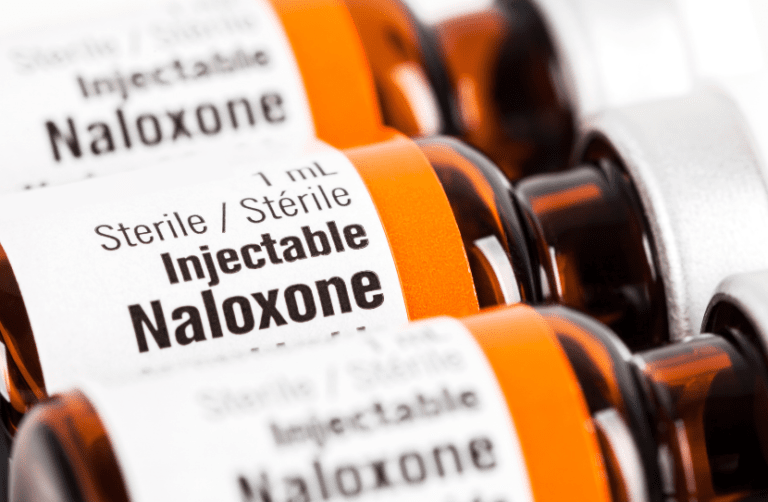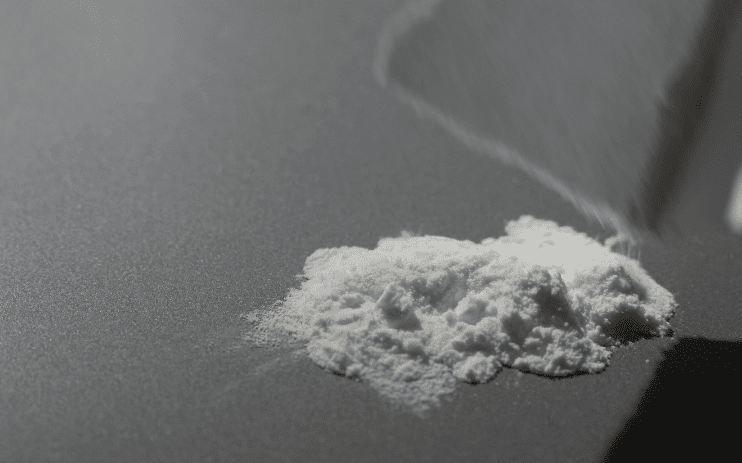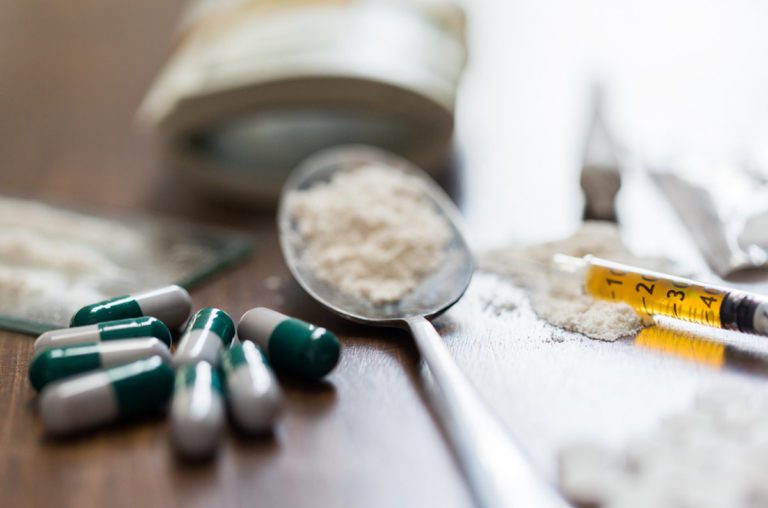How Dangerous is Combining Alcohol and Meth?
Alcohol and methamphetamines (aka. “meth”) are two of the most commonly abused drugs in the United States. When combined, the intensity of substances and their sides effects can be amplified. If you or someone you care about is experimenting with combinations of drugs like alcohol and meth, Oasis Recovery encourages you to reach out to get help as soon as possible.
Our treatment facility offers a drug treatment program that addresses the needs of those who have faced dependency or addiction to multiple drugs. Those who abuse substances often have a co-occurring mental health issue and should be properly diagnosed. Dual diagnoses are extremely common for those who have a history of substance abuse. Reach out to us today to speak with a specialist who can help you get the care you deserve.
The Dangers of Combining Alcohol and Meth
Alcohol is a depressant and when combined with a stimulant like meth the risks can be higher. Drinking alcohol can result in a slower heart rate, reduced blood pressure, slower breathing rate, increased sweating, and dehydration. Using meth, or other stimulants can result in increased body temperature, high blood pressure, and heart palpitations. It’s fairly straightforward to see why combining a depressant with a stimulant can cause your body and mind to react in unpredictable ways and can result in a medical emergency.
Know the Common Symptoms of Alcohol and Meth Abuse
Knowing the common signs and symptoms of alcohol and meth abuse can help family, friends, and colleagues know when it’s essential to make an intervention.
Common symptoms of alcohol abuse can include:
- Anxiety
- Irritability
- Restlessness
- Confusion
- Anger
- Reduced inhibitions
- Slow or slurred speech
- Blurred vision
- Slower reaction time
- Loss of motor coordination
Common symptoms of meth abuse can include:
- Anxiety
- Agitation
- Restlessness
- Paranoia
- Jittery or shaky
- Unusual bursts of energy
- Extreme moods swings
- Increased aggression
- Awake at odd hours
- Drastic loss of weight
- Tooth decay (aka. “meth mouth”)
- Sunken-eyes
- Sores or scars from skin-picking
- Burn marks on lips or fingers
- Organ failure
- Memory loss
If someone you care about is showing symptoms or signs of alcohol or drug abuse, reach out to the experts at Oasis Recovery to learn more about the benefits of our treatment programs. We always put your safety and security first. Our programs include:
- Partial hospitalization program (PHP)
- Intensive outpatient program (IOP)
- Aftercare program
Clients also have access to mental health services with highly trained counselors. These services include:
- Individual therapy
- Cognitive-behavioral therapy (CBT)
- Dialectical behavior therapy (DBT)
- Group therapy
- Family therapy
The Connection between Mental Health and Substance Abuse
Half of those with an addiction have a co-occurring mental health issue. The appeal of drug abuse is often correlated with particular mental illnesses. By abusing these particular substances, individuals are often seeking to balance the negative thoughts and feelings they have as a result of an undiagnosed mental health condition.
Sadly, abusing drugs and alcohol can end up making matters worse. Substance abuse often worsens symptoms of mental health issues like anxiety and depression. Once someone with a substance abuse disorder is able to receive appropriate treatment, they are likely to receive a dual diagnosis.
A dual diagnosis means a person has both an addiction as well as one or more mental health issues that they need to address in order to maintain a healthy lifestyle in sober living. As part of relapse prevention, those with a dual diagnosis are good candidates to work with a therapist for issues that include:
- Post-traumatic stress disorder (PTSD)
- Anxiety disorders
- Mood disorders
- Attention Deficit Hyperactivity Disorder (ADHD)
- Personality disorders
- Schizoaffective disorder
Common Signs of Mental Illness
- Difficulty focusing or concentrating
- Changes in dietary habits
- Sleeping issues
- Loss of interest
- Sense of feeling afraid without clear cause
- Lack of attention to personal hygiene
- Changes in libido or sexual dysfunction
- Difficulty regulating mood and behaviors
- Increased isolation
- Paranoia
- Increase in risky behaviors
- Increase in physical pain without evident cause
- Suicidal ideation or attempts
Contact Oasis Recovery Today to Learn More about the Dangers of Combining Alcohol and Meth
Combining depressants (or downers) like alcohol and stimulants (or uppers) like meth is always risky. If you or someone you love is experimenting with dangerous combinations of drugs, we encourage you to reach out as soon as possible. Early intervention is best but it’s important to remember that recovery is always possible. To learn more about our treatment programs and mental health services, reach out to us today and speak with a specialist who can tell you more about the benefits of our personalized treatment options. We look forward to providing you with the help you deserve.











